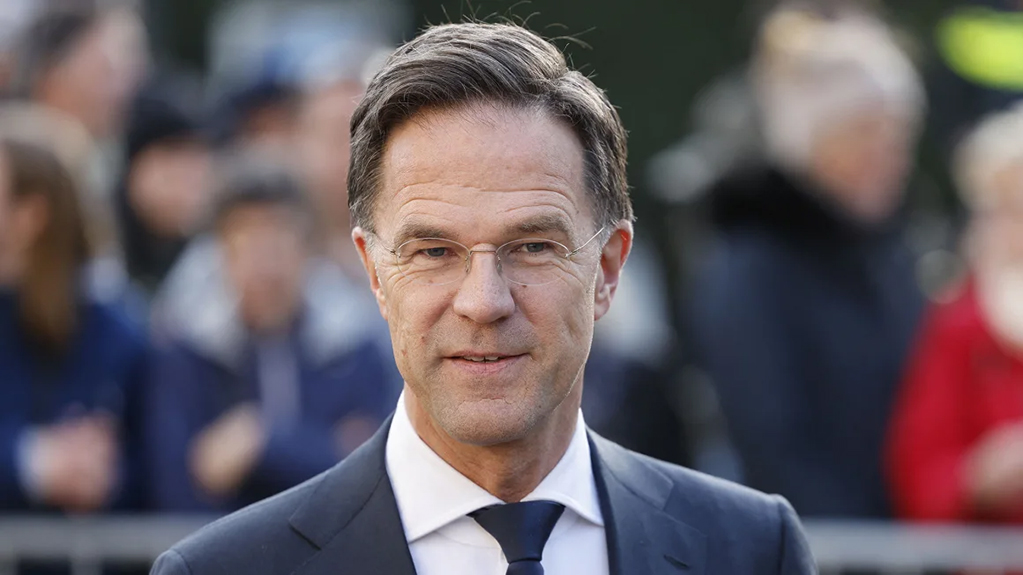The next Secretary General of the North Atlantic Treaty Organization (NATO) will be Dutch Prime Minister Mark Rutte. He will replace Jens Stoltenberg in this position.
News
On June 20, Mark Rutte received the support of all 32 members of the Alliance. His only rival, Romanian President Klaus Iohannis, has informed the military alliance that he is withdrawing his candidacy.
Mark Rutte will be officially approved at the NATO summit in Washington in July, and he will begin his term of office in October. Jens Stoltenberg's term will expire on October 1.
“It has been a great privilege to serve as Secretary General NATO, especially in this very pivotal and important critical time for NATO. And it has been an honor to work with Canada and all the NATO Allies. But everything has to end and my tenure ends on the first of October, and I am stepping down knowing that the Alliance is now very, very close to decide on my successor and that will... the candidate out there is Mark Rutte, he is a great man, he has been Prime Minister many years, he strongly believes in the transatlantic bond. He's a friend and colleague. So NATO will be in very good hands, given that Mark Rutte is going to be the next Secretary General,” Stoltenberg stated on June 19.
57 year old Mark Rutte has been the Prime Minister of the Netherlands for 14 years. From 2006 to 2023, he served as the leader of the People's Party for Freedom and Democracy (VVD). The VVD is a member of the Renew Europe political group in the European Parliament, which won 80 seats in the recent elections, becoming the third-largest force in the Parliament.















